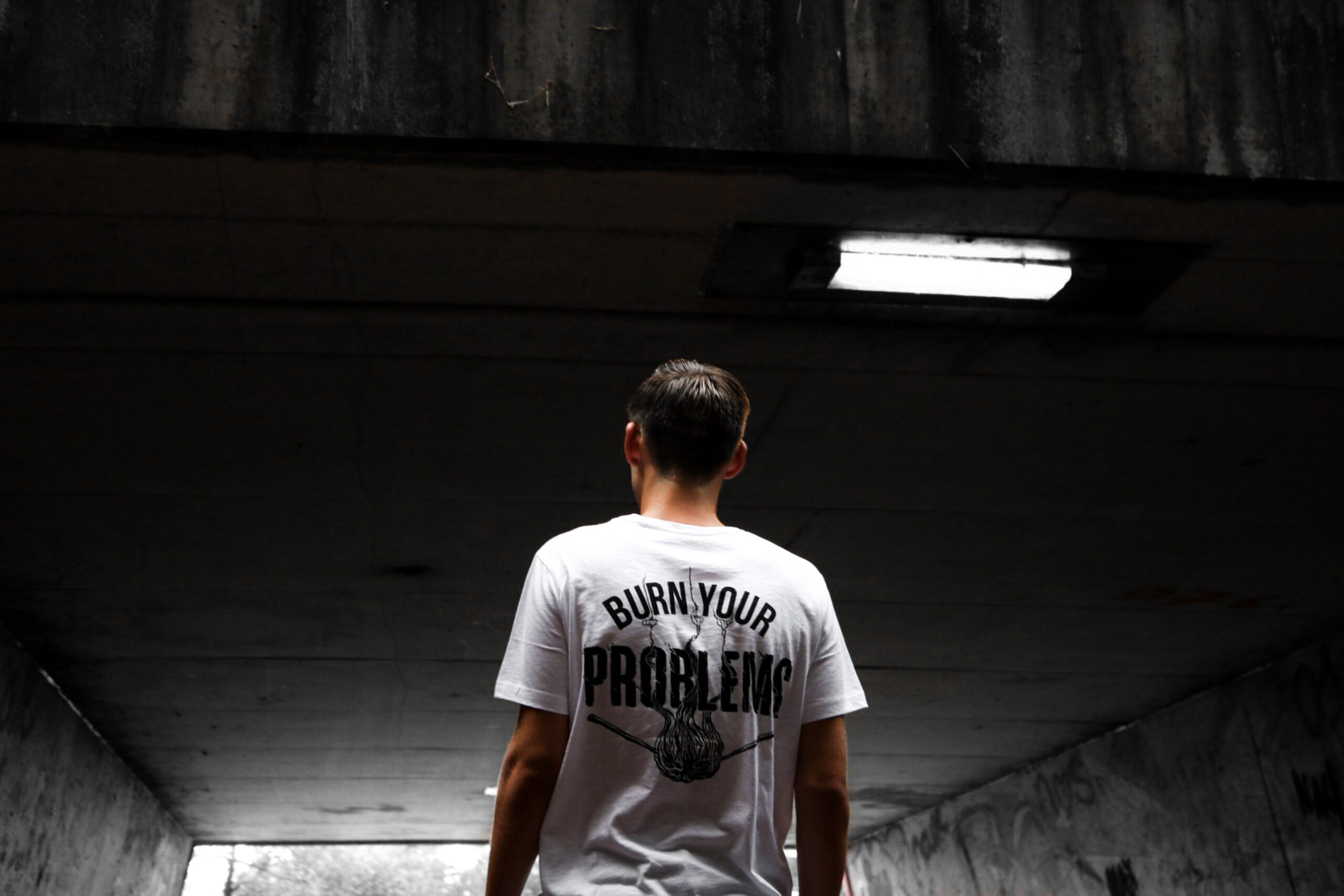Cravings, triggers and your brain
Cravings are a typical component of the healing process. Every person in early recovery has experienced cravings, and even those further along in recovery may occasionally feel cravings.
It’s easy to be paralysed by desires when they strike. Your thoughts can lead you to believe that you have no other option but to use substances in order to overcome these powerful urges.



Oftentimes these cravings are set off by what is referred to as triggers. Due to the nature of triggers, it is often stressed in rehabilitation that avoiding certain people, places, and even associative items is crucial. In the early stages of sobriety, cravings might feel overwhelming. However, with time they grow less severe and easier to deal with. Changes in brain chemistry that occur during active addiction might be a trigger for cravings. Consistent drug use causes the brain to change, leading to an increased likelihood of viewing drug use as a rewarding experience. One of the most challenging parts of recovery is dealing with cravings, but if we’re open to it, they may teach us a lot.






